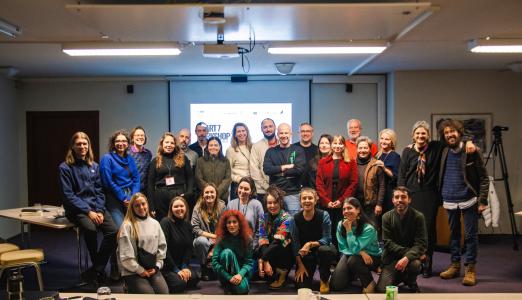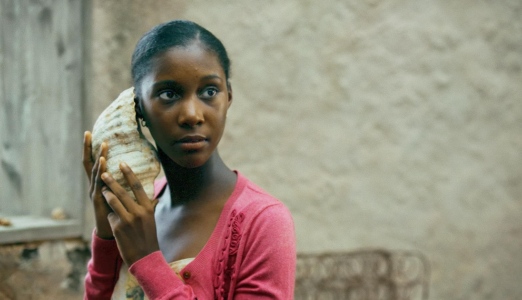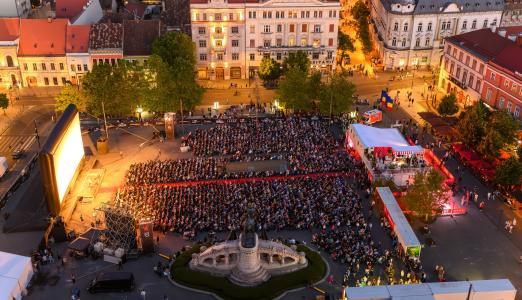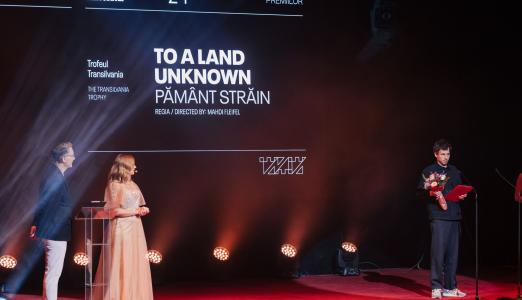PerspecTIFF - Critics vs. Artists or Cannes Controversies Revisited
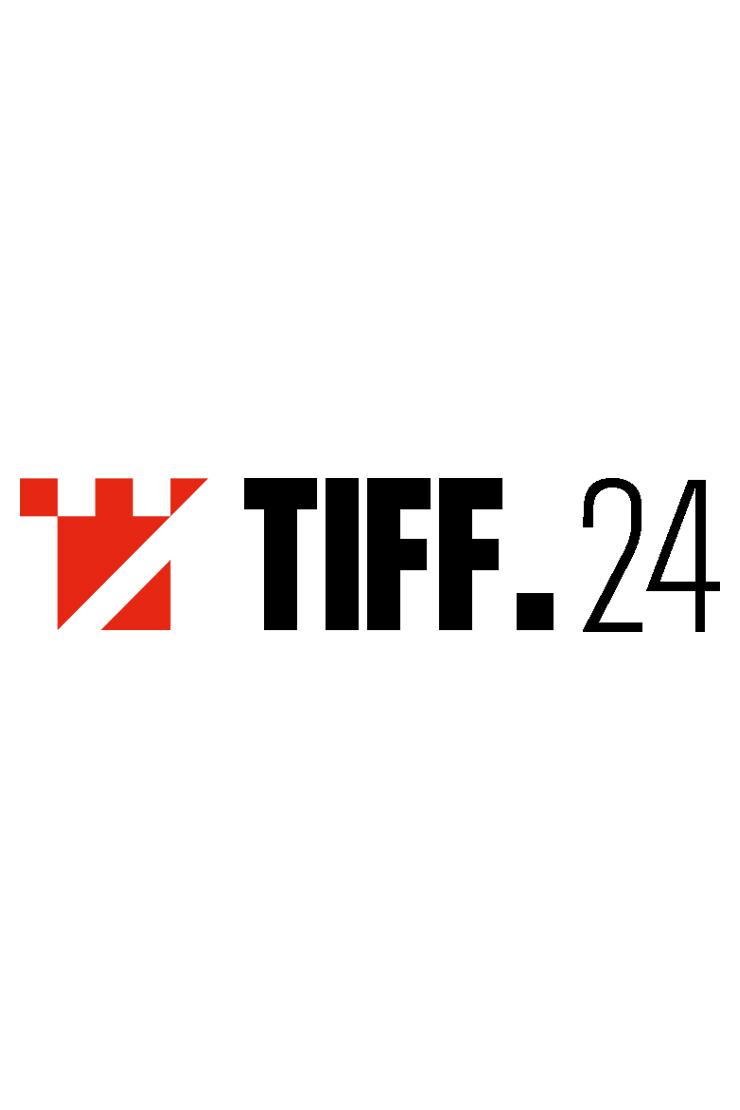
Inevitably coming so close on the heels of Cannes (or given this year’s “scandal,” I should say the flats of Cannes), TIFF will be abuzz with guests mulling over the recent edition of the world’s “most important” festival. As usual, there are a lot of complaints, and I have to admit my voice is among them. I’m not standing with the Italians, who complained bitterly when none of their three films in competition received any prizes – such a provincial way of thinking, and none of the journalists bothered to mention that the Nanni Moretti, My Mother, didn’t deserve a competition slot, and the Matteo Garrone, Tale of Tales, is deeply disappointing. I do however join with my Romanian colleagues in finding the “Un Certain Talent” prize for Corneliu Porumboiu’s Comoara (The Treasure) to be bizarre, if not downright offensive.
“Un Certain Talent”? For a man who’s already won the Un Certain Regard Jury prize for Police, Adjective and the Camera d’or for 12.08 East of Bucharest? First there’s the problem with the name, especially to Anglophone ears, since the word “certain” is often a qualifier implying something less than top class: “she had a certain charm” is a way of saying that someone is sort of nice, or reasonably pleasant, but not more. It could be the jury simply wasn’t aware of Porumboiu’s previous awards (let alone his films), though frankly a little Googling wouldn’t have gone amiss. Juries are meant to exist in a bubble, but you can see beyond a bubble even if you can’t step outside.
While I’m talking about Cannes juries, a few words about the competition jury this year. Now, keep in mind that there’s nothing so perverse as a jury (as a colleague once told me), but I’ve yet to meet anyone who’s happy the Palme d’Or went to Jacques Audiard’s good but hardly prize-worthy Dheepan (one could say it shows a “certain talent”). Though the competition had more so-so films than usual, there were stand-outs: Carol, The Lobster, Youth, The Assassin (not in that order), and any one of them would have made for a respectable Palme winner. But then during the ceremony, at the press conference, and afterwards at the closing party, keen-eyed critics and journalists made an observation: the jury obviously loathed each other.
There was their stiffness during the ridiculously Oscar-like ceremony, the words of faint praise, and then at the party, the jurors stood well apart from each other, signaling they’d had enough. It made sense: only a jury who didn’t get along, who had difficulty reaching any kind of compromise, would have awarded these prizes. What I found particularly troubling though was the line Joel Coen said at the press conference: “This isn't a jury of film critics… This is a jury of artists who are looking at the work.” Wow. Really? Obviously Mr. Coen (whose work I generally greatly admire) never read Oscar Wilde’s seminal essay “The Critic as Artist,” since the line has, in Wilde’s words, “all the vitality of error and all the tediousness of an old friend.”
What bothers me so much is the senseless barb, obviously delivered as a riposte to certain reproach after the awards announcement. Is it really necessary – or useful – to set up this opposition between critic and artist? “Without the critical faculty, there is no artistic creation at all, worthy of the name” wrote Wilde, and while I’m extra-sensitive to appearing to be adding a crown to my profession, I do believe that artists and critics ideally work together rather than in opposition. Wilde argued for the supremacy of criticism, “For it is the critical faculty that invents fresh forms,” and though of course he was being playfully provocative in seeming to place the critic higher than the artist, he did so as a way of calling attention to the beauty and power of the subjective. Coen should know this, since the best artists also give preeminence to subjectivity as the fount of creativity.
Ah well, let’s put the Cannes bitching aside: after all, we’ve got TIFF! And they’ve got Rams, the enjoyable Icelandic feature that won the top Un Certain Regard prize (OK, enough with prizes). Also coming straight from the south of France are Radu Muntean’s excellent Un etaj mai jos (One Floor Below), Porumboiu’s Comoara, and Andrei Creţulescu’s Ramona which, incidentally, won the top shorts prize in Critics’ Week. Which goes to show, sometimes juries do get things right.
Jay Weissberg


